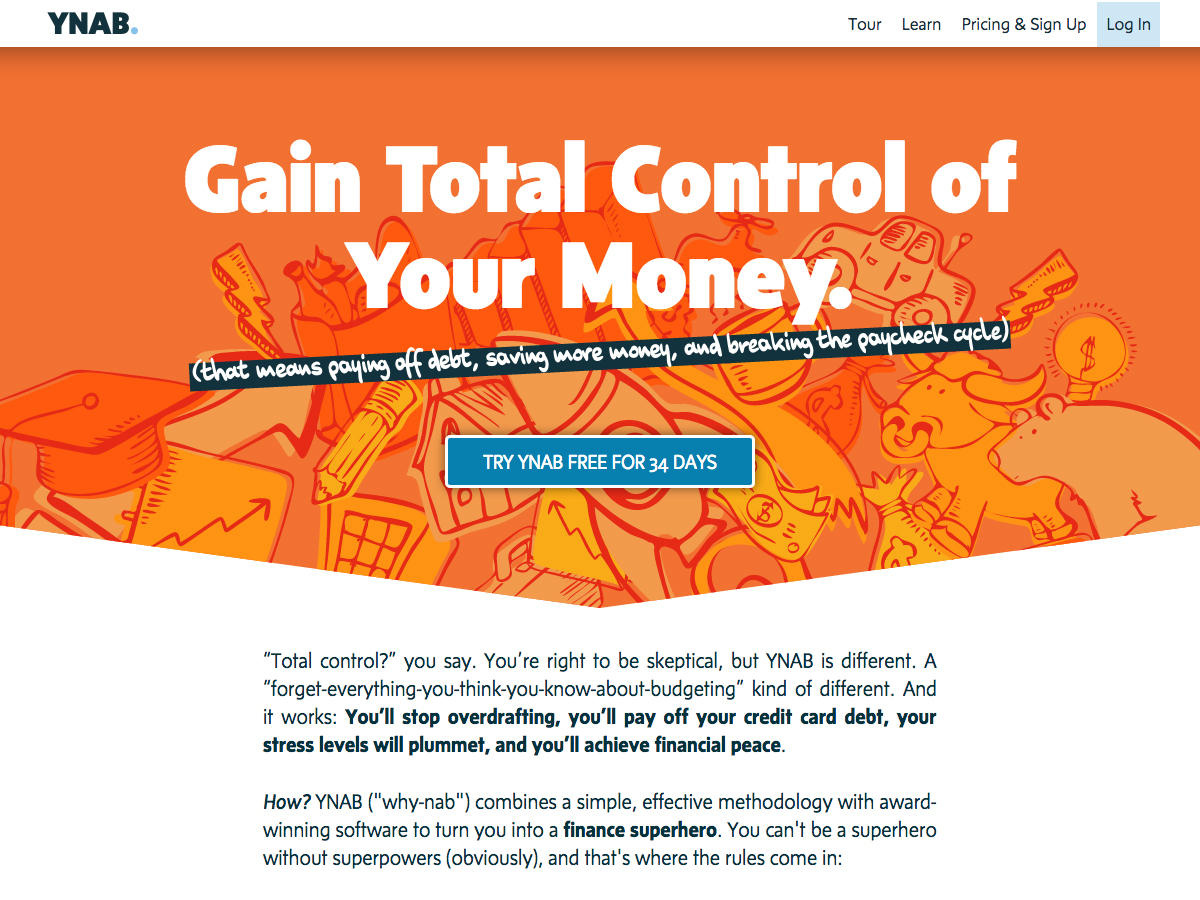A constant battle for startup founders is worrying about what to build and how to build it. If you’re not a coder yourself then it seems like a huge challenge. You might have a great idea for a product but no real way to bring it to life. We’ve talked before about how founders don’t need to be coders and I loved the Startups for the rest of us episode The Unconventional MVP with Jesse Mecham that showcased a novel approach to bringing a product to market with no development at all.

Jesse is the founder of You Need A Budget, a finance management tool that helps people take better control of their money on a month by month basis. The service have been around for several years now and has morphed into a successful tech business. Its MVP, however, was a far more simple offering.
First steps
The service grew from a spreadsheet that Jesse created to help him and his wife plan their finances. It worked perfectly for them and the idea that there might be value in this for others was sparked. Creating a full-blown software product at this stage was out of the question, Jesse wasn’t a programmer and there was no way he could finance any development out of his own pocket.
Importantly, he realised that this wasn’t a barrier to getting customers on board. The spreadsheet itself could provide value and he wanted to see whether this simple offering could generate revenue. His assumption was that there were many people out there who were perfectly comfortable working in Excel and would be happy to pay a bit of money for this simple tool.
Going online
He set up a website offering a download of the “software” for a certain price and sent some traffic its way. Orders started to come in and the assumption was proved. There were plenty of people out there who needed this sort of help and would happily pay for it, even if it was just a low-tech solution.
A spreadsheet can only take you so far and eventually a software product was needed. The beauty of this approach was that the only investment made at the start was Jesse’s time, up until that point no money had been spent on development. He had proved that there was a gap in the market for this sort of service and there was already revenue being generated by something that could be improved upon.
Another benefit was that Jesse had access to several users who could be contacted to gather feedback to help guide exactly what shape the software should take.
This exact approach won’t work for everyone but it’s important to remember when starting out the huge benefit in getting something to market quickly to get feedback and test assumptions at minimal cost. You’ll want to run lots of experiments to judge what works and if this can be done with no complex development then this is the best path to take. If you can make a bit of money in the process then even better.
Be ready to change quickly. You’ll be needing a better product at some point and it might be very soon after your MVP goes live but only do this when the time is right.